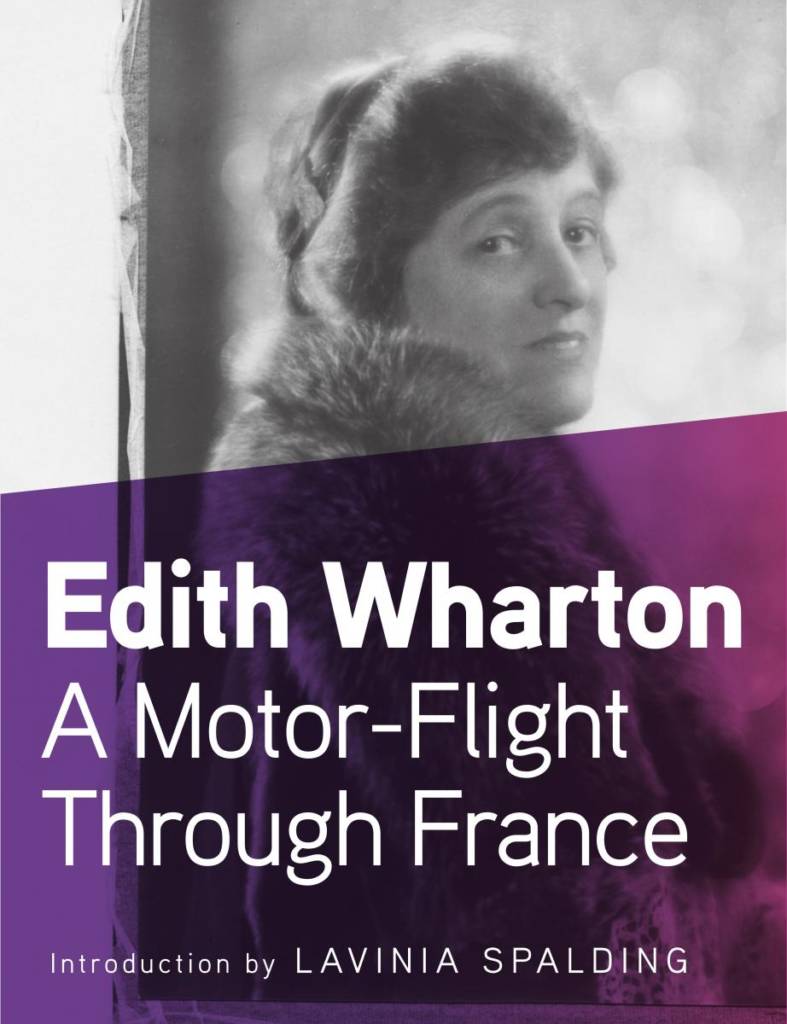
In February, 2014, eighteen seniors at Harbor School, a New York City public high school devoted to maritime careers on Governors Island, a historic military base turned national park, embarked on their first fiction writing efforts. For the next three months, their composition class, which Harbor School veteran teacher Anna Lurie and I taught was devoted to little else. On June 3, they read their work, first in the library, then after school in the Mess Hall to classmates, teachers, and family and distributed copies of The Ship Log, the magazine containing their stories. It was a big day for all of us.











